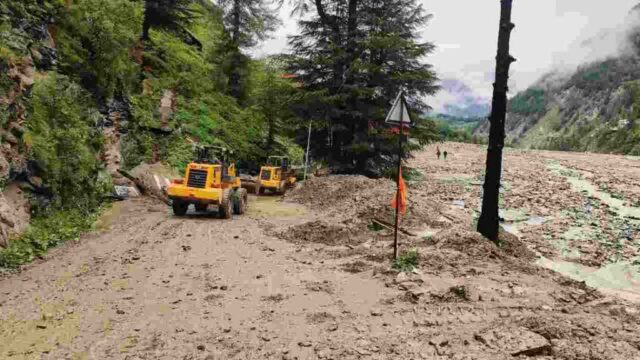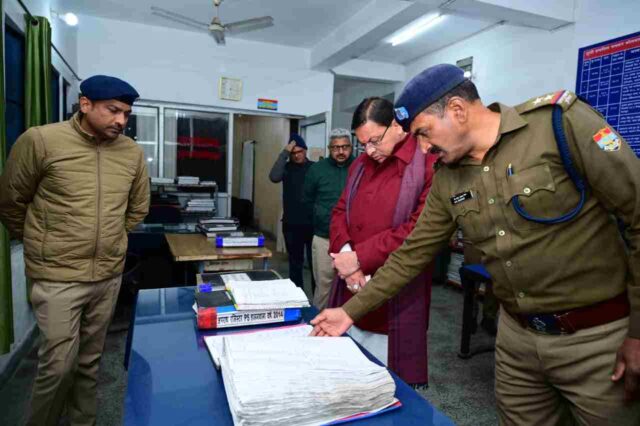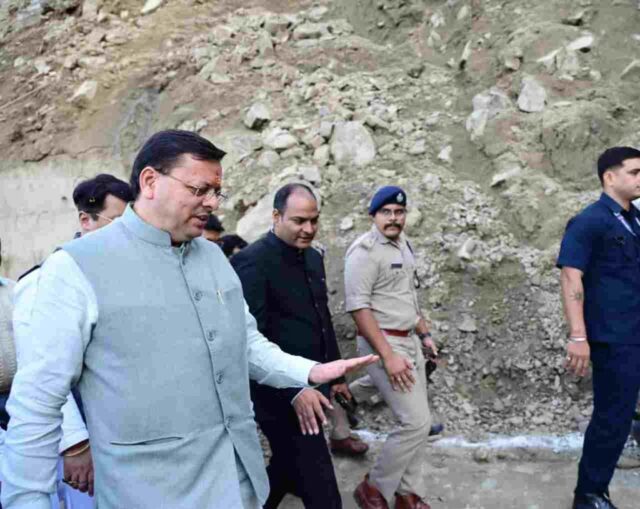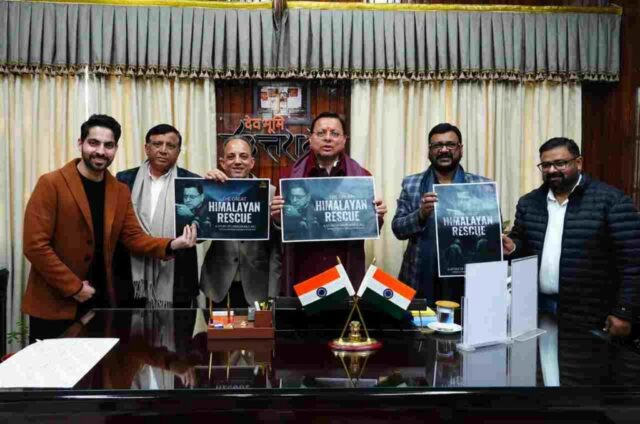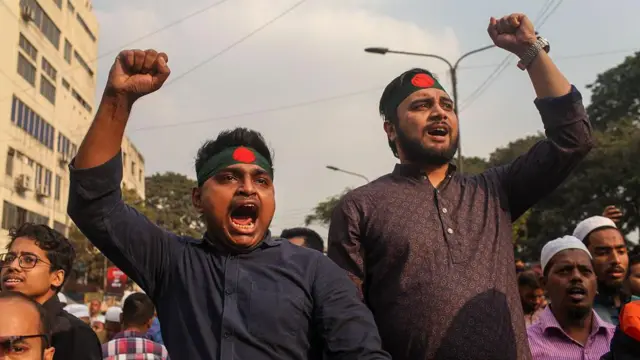Swadeshi, Swachhata, and Sarvodya: Escaping the age of coronavirus by remembering the great Gandhian philosophies

Tanisha
Bapu, the Father of the nation or Mahatma was not only the tremendous political leader but also the spiritual one. What not he has done for the nation? From directing campaigns for alleviating poverty to promoting women's rights. From erecting pious and ethnic solidarity to eradicating the misdeeds of the caste system. From correlating the tenets of non-belligerent civil disobedience to liberating India from foreign subjugation. There would hardly be a bunch of people who are not attracted by the firmness of Gandhi whose main idea was to endure the malady with great fortitude and by being non-violent.
As the world grapples with barbarity in the form of epidemic claimed as the curse of environmental havoc and deterioration did by humans, Gandhi's perception of harmony and sustainable development prolongs to reverberate across the world. Presumably, the tribulation confronted by the world is because it produces in the ways that are certainly lethal. According to Mahatma Gandhi, "Earth provides us enough to satisfy every man's need but not man When everything is available precisely why man is edged to demonstrate avarice and incite devastation to mother planet by pollution, igniting fossil fuels, and deforestation? Modifications like these have activated climate change, soil erosion, poor air quality, and undrinkable water.
If the rectified parallelism was knocked between the consumption of resources and availability of resources initially
then the existence of population in the lockdown would have been adequately organized. There would have been no family dying due to starvation and lack of resources. It looks like to be the appropriate time to cogitate about carrying out sustainable development now onwards, a development that addresses the requirements of the present without jeopardizing the potential of forthcoming generations to satisfy their own necessities.
Once in childhood, with the consent of his father, Gandhiji went to saw a play-Harishchandra. It was the story of ever-truthful 'King Harishchandra' which occupied his heart. Gandhiji was insecure about how often his father will empower him to go. So, he himself preferred to behave as honest as Harishchandra for his entire life. The example of King Dashrath, father of Lord Rama, who maintained his actuality of conferring a boon to his wife, Kakeyi, at the cost of his life and his family's contentment, also debossed on young Gandhi's mind as an admirable quintessential. The truth(Satya) is above all the moralities.
During this pandemic, the unprecedented rise of fake news, lies, and rumors are putting lives at risk, persuading some with the manifestation of the virus to try groundless prophylactic in the desire of healing themselves. There would narrowly be any aspect left unmarked by disinformation. It keeps on brandishing as much as people share it without being sure about the gospel and it is shared even if they knew the truth. We must keep our humanity on top and endeavor to follow and represent the truth only.
Recently, Prime Minister Narendra Modi said "The crisis has taught us that local is going to help us. So,
we should become vocal for local- not only buy local, but advertise it too." His prominence on is Gandhi& tone of Swadeshi in other words. As stated by M.K. Gandhi, whatever is created or manufactured within the village must be brought into service primarily. Goods and services that cannot be developed within the village might be acquired from somewhere else. But due to decrepit divergence from Swadeshi, there is much profound indigence in the crowd. And much of the crowd live in villages,
as he always said, "India lives in its villages", which still holds true. Villages incorporate the pith of the
Indian community and exemplify substantial India. If the villages must have contrived a powerful economic essential to fulfill most of its needs and all members of villages must have given the necessity to regional commodities, there would have been no such thing as migrant laborers. And India would not be struggling with another crisis along with the COVID-19 pandemic. The villages would have been so self-reliant that the people inhabiting there would be in no need to go to cities for doing labor work and make resources accessible they needed. As per Bapu& envisage a community to which laborers are compelled to struggle at factories, in which animals are attended cruelly in ranches and in which economic practices certainly stimulate ecological harm, might not be conceived as civilization. Criterion economics has put the capital to concentrated, industrialized, and automated modes of production, while Gandhi envisioned for a decentralized, home- grown, hand-made mode economy. The boosterism of Swadeshi upheld the idea of self-reliance.
Swadeshi should not be understood as isolation rather it's the bridge between localization and glocalization.
Since the Covid-19 outbreak, religious hatred, domestic violence against women, and harassment of frontline heroes are on increase. The assaults between police and protestors in Minneapolis after the demise of an unarmed black man in police detention in the US city have taken place. Malicious messages have sprouted online. In Spain, calls to a domestic violence helpline increased by 60% in April distinguished with the same month last year. Violence also broke out in China when people made an effort to leave COVID-19 hit Hubei after lockdown relaxed. In several states of India, photos and videos show police injuring people who are trying to get vital items. In Uttar Pradesh, Delhi, Telangana, and Tamil Nadu, health workers and airline staff faced bigotry from their neighbors, and landlords terrorized to expel them, stressing they could be bearers of COVID-19.
If Gandhiji would have been existing in this duration, he would surely be overwhelmed with guilt. He always squawked to violence because it eternalizes odium. For Gandhi, perpetrators of violence are derivatives of social disintegration. Nonviolence (Ahimsa) should be the greatest force at the ejection of mankind. He himself led several nonviolent protests. Although, his moments were nationally lead but it impacted the countries all over the globe. Additionally, he always wished for the Indian communities ( Hindu and Muslim) to coexist peacefully. He wanted the people of the world to live peacefully and with love but this couldn't be fulfilled. As a result of the above-mentioned cases, there is a lot of violence present at every nook of each country. The need of the hour is to commend ;deliverance' through non- violence for oppressed people.
His notion of ;Swacchta; is also of loftiest relevance today. Along with the arrival of COVID-19, people were coerced to adopt hygiene and sanitation practices as much as conceivable. Mahatma Gandhi said, " Sanitation is more important than independence." Poor cleanliness practices directly affect physical well-being and a healthy environment. He firmly believed in the proverb that "Cleanliness is next to godliness." For him, the cleanliness is not only for infrastructure but also for the soul. He spent his whole life in the act of cleaning the self and soul, and he did this by assigning himself to public and social assistance. He yearned to see Bharat swachh. Today we can see how mindful people are about sanitation. They keep on washing hands, using sanitizers and masks. Since the epidemic, they have initiated cleaning the house, all household equipments, and appliances with disinfectants. Even sanitizers are being spattered on the street. Plenty of hygiene practices have been adopted. What
Gandhiji always wanted the people to learn is made learned by the coronavirus!
Gandhiji was constantly in opposition to industrialization. He determined it as a curse for mankind. Because of lockdown imposed due to pandemic the companies have fired their employees for cutting costs and not evaluated how their employees will earn livelihood to run their families at this time. It can be seen as the drawback of industrialization. Due to industrialization all companies and firms have become profit-oriented whose only aim is to earn. But as the industrialization era has still started Gandhi trusteeship theory is here to help. It says that rich are the guardians of the fortune they earn and it should be used for the welfare of the society which makes up the less fortunate one.The theory counsels capitalists to contemplate the wealth they have in their hands as being held with
obligation for the up-gradation of the poor.
The trusteeship is nothing but midway between core capitalism and core communism. Gandhiji explained it as this way, "Supposing I have come by a fair amount of wealth- either by way of legacy or by means of trade and industry- I must know that all wealth does not belong to me; what belongs to me is the right to an honorable livelihood by millions of others. The rest of my wealth belongs to the community and must be used for the welfare of the community." Disciplining this theory at this time will make much sense as poor people will also be able to feed their families and able to avail necessities of life.
Today, the judgments passed by the government for the citizens of its country does not fulfill Gandhi's
philosophy of 'Sarvodaya'. Sarvodaya means 'Universal Uplift' or 'Progress of All. Gandhiji always aimed at the progress of everyone. Everyone should get enormous alternatives to generate and earn adequately through ethical work for an honorable and elegant living. When the government has to take essential decisions during the pandemic, it must be keeping in mind the prosperity of all sections of people: the poor, the downtrodden, the exploited, and the least.
When I despair, I remember that all through history the ways of truth and love have always won. There
have tyrants, murderers, and for a time they can seem invincible, but in the end they always fall. Think
of it-always." – Mahatma Gandhi Coronavirus is just like a homicide, it comes covertly and takes the life of a person. But it's not the thing to be spooked from. We should not drop hopes and quash it with immense mettle. It too will plunge someday. The world should come together to discover solutions to this crisis. Gandhi's principles are like weapons against COVID-19 whoever heeds them encounter glory and touches pinnacle. Thus, " Strength does not come from winning. Your struggles develop your strengths. When you go through hardships and decide not to surrender, that is strength.
– Mahatma Gandhi

